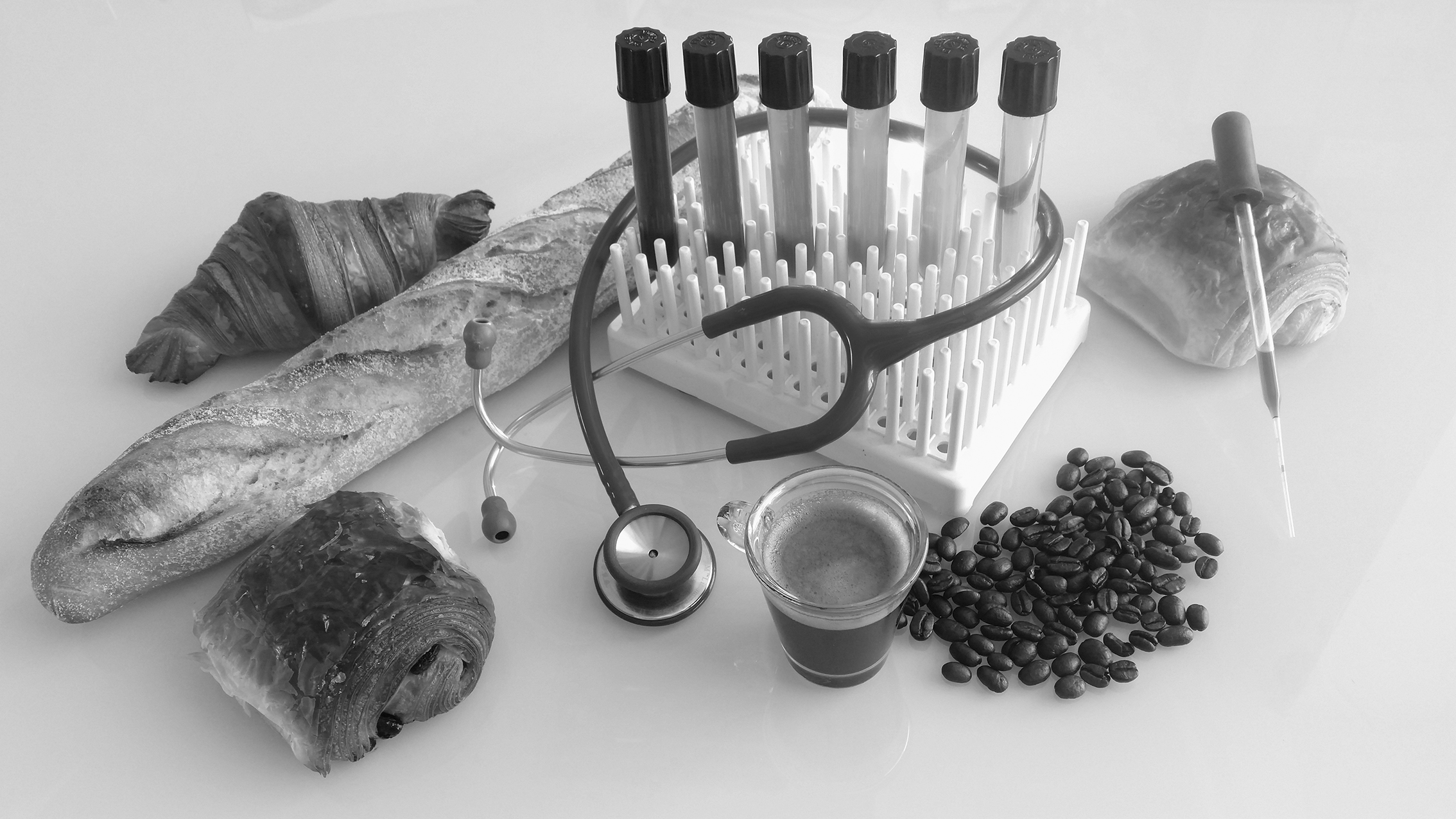Glycation, Maillard Reaction & Carbamylation
Applications to Food Technology, Nutrition & Human Health
We use cookies to help you navigate efficiently and perform certain functions. You will find detailed information about all cookies under each consent category below.
The cookies that are categorized as "Necessary" are stored on your browser as they are essential for enabling the basic functionalities of the site. ...
Necessary cookies are required to enable the basic features of this site, such as providing secure log-in or adjusting your consent preferences. These cookies do not store any personally identifiable data.
Functional cookies help perform certain functionalities like sharing the content of the website on social media platforms, collecting feedback, and other third-party features.
Analytical cookies are used to understand how visitors interact with the website. These cookies help provide information on metrics such as the number of visitors, bounce rate, traffic source, etc.
Performance cookies are used to understand and analyze the key performance indexes of the website which helps in delivering a better user experience for the visitors.
Advertisement cookies are used to provide visitors with customized advertisements based on the pages you visited previously and to analyze the effectiveness of the ad campaigns.

Applications to Food Technology, Nutrition & Human Health
Our summer programme Food & Health 2023 will offer an interesting variety of material.
We shall examine the fundamentals of glycation and other non-enzymatic, post-translational protein modifications such as carbamylation, both in the human body and in food. Lectures from eminent researchers in the field will be held; a supervised project will offer a lead into research.
We shall delve into the effects of processing on both the nutritional and organoleptic qualities of food, how safe it is to eat as a result, and the overall consequences for human health from birth to adulthood. In particular, the role in the diet of Maillard reaction and similar potentially harmful neo-formed products on foetal and infant programming for adult disease will be discussed, as well as their influence on protein digestibility, low grade inflammation, oxidative stress and longevity.
There will be discussions on innovative strategies for preserving the nutritional quality of food and on how the unwanted formation of these products that occur during processing might be mitigated. A pharmaceutical approach to limit the pathological effects of Maillard reaction products will also be reviewed.
The quality of the work undertaken and your scientific potential will be assessed by an oral defence.
Minor modifications to the programme may occur.
Designed to facilitate your admission to doctoral or postdoctoral programmes in France, the Scientific Research Project will require personal work. It will include sessions of tutorials and a last session of presentation of the results and discussion with researchers and PhD students from Lille University School of Medicine. The different topics will be selected on the first day of the programme.
The project will be conducted in three stages: